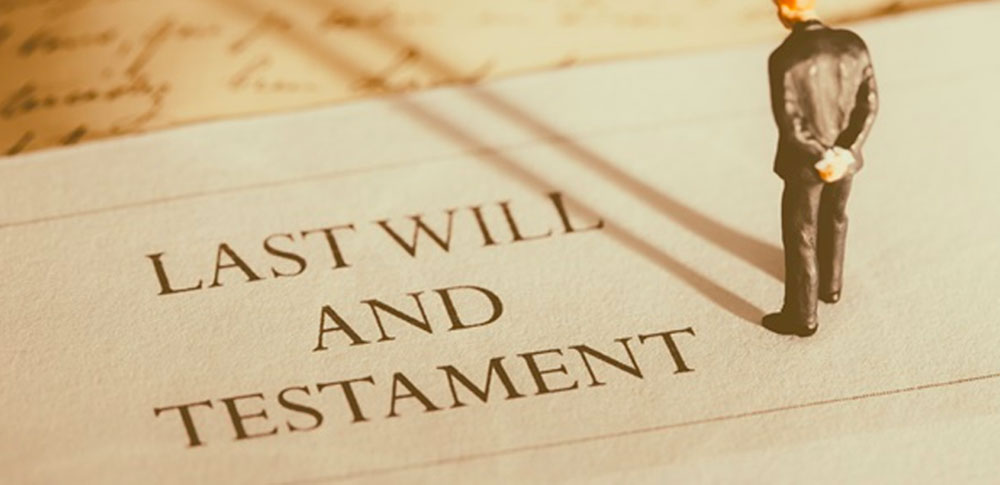When you write your Will, you need to name one or more executors who will carry out the administration of your estate when the time comes. We look at what this entails and what you need to take into account when choosing someone to take on the role.
The executor of an estate has the job of bringing the deceased’s affairs to a close and distributing funds to the named beneficiaries. The task can be daunting and take many months, even years, so before appointing someone you both need to understand exactly what it entails.
The role of an executor
There is usually a substantial amount of work involved in winding up an estate. Initially, the funeral needs to be arranged and the death registered.
Asset holders need to be notified and the estate value. Inheritance tax should be calculated and paid, as well as any Income Tax that may be due.
Assets need to be valued, collected and sold, including any property, which may need to be cleared and insured in the meantime.
Estate accounts must be prepared and finally, the estate is distributed to those named in the Will.
Choosing the right executor
The executor can be held personally liable for any mistakes made during this process, so it is important to ensure that the person you have chosen is willing to take on the role and capable of carrying it out proficiently.
Your executor should be aged 18 or over and have the mental capacity to act on your behalf.
More than one executor
It is usually recommended that at least two executors are appointed in a Will so that if one of them is unable or unwilling to act when the time comes, you still have someone else who can take on the role.
Two executors can act jointly, or one can step back when the time comes and allow the other to do the work alone. You can also name a substitute executor who would only act if one of those named could not.
If you don’t have anyone who can act for you
If you don’t have anyone willing or able to take on the task, you can appoint a professional executor, such as a probate solicitor, to deal with the administration of your Will.
They will be familiar with the process, able to correctly calculate the tax due and draft accurate accounts. A charge is made for the service, but it does mean that your loved ones will not have to struggle with complicated and sometimes frustrating paperwork following your death.

